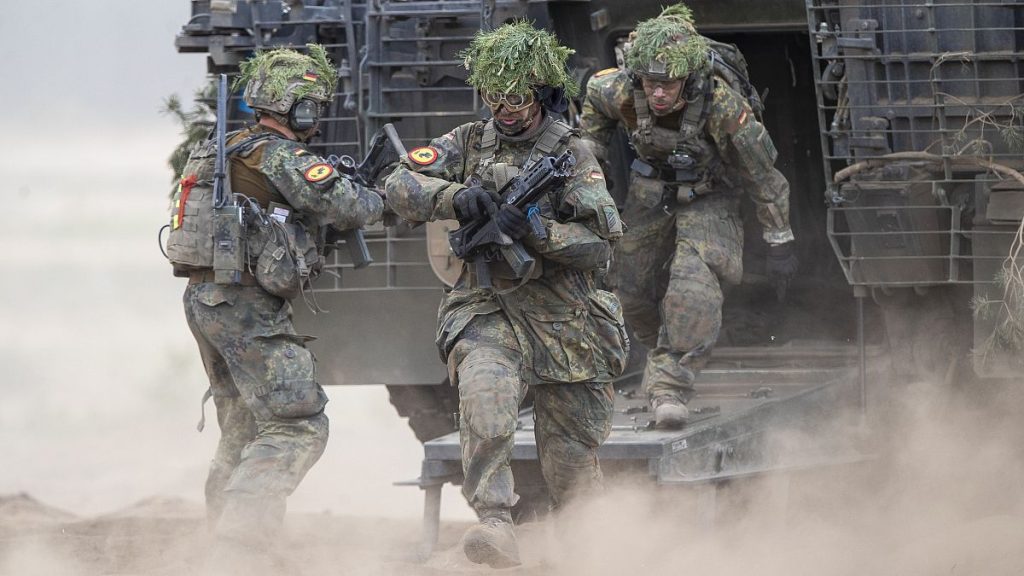The International Institute for Strategic Studies report highlights the increase in defence spending by European nations in response to threats from countries like Russia, particularly following the annexation of the Crimean Peninsula and Russia’s invasion of Ukraine in 2014. While NATO has sought to address critical capability and readiness shortfalls, the report indicates that progress has been mixed and much still needs to be done to effectively counter these threats. European leaders are rethinking their trans-Atlantic relations in light of Donald Trump’s second presidency, with a focus on maintaining a strong common stance on Russia and investing more in their own defences.
During his first term in the White House, Trump pushed NATO’s European members to spend more on defence, resulting in a 50% increase in defence spending by NATO’s European member states compared to 10 years ago. However, the report points out that there are still challenges, such as a lack of stability in public financing that limits the defence industry’s ability to invest with confidence, as well as regulatory hurdles and environmental, social, and governance standards that act as barriers to investment. European countries have also been dependent on the US for certain aspects of their military capability, seeking assistance from other countries like Brazil, Israel, and South Korea due to a lack of their own production capacity.
The report warns that many European armies do not have enough military personnel, which is crucial for engaging with and defeating enemy attacks as well as regenerating forces after combat attrition. European countries have donated weapons to Ukraine and increased the output of certain products, such as air defence and artillery, in response to high demand. However, competition with civilian industries for raw materials and skilled professionals poses challenges for the defence industry. The report emphasizes the need for sustained policy attention and investment from governments to renovate defence capabilities and address the new strategic realities in Europe.
Europe’s defence industry has faced difficulties due to political decisions leading to reductions in forces, budgets, and defence-industrial capacities. Governments must now rediscover the ‘muscle memory’ of defence and security to ensure that sustained policy attention and investment are made to meet the evolving security challenges in Europe. The report highlights that European armed forces remain under-strength and need significant troops to engage with and defeat enemy attacks, as well as to regenerate forces after combat attrition. Despite some progress being made in increasing defence spending and addressing critical capability shortfalls, there is still much work to be done to effectively counter threats from countries like Russia.













